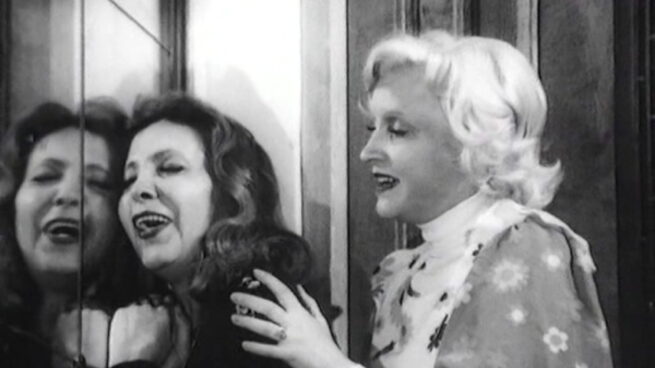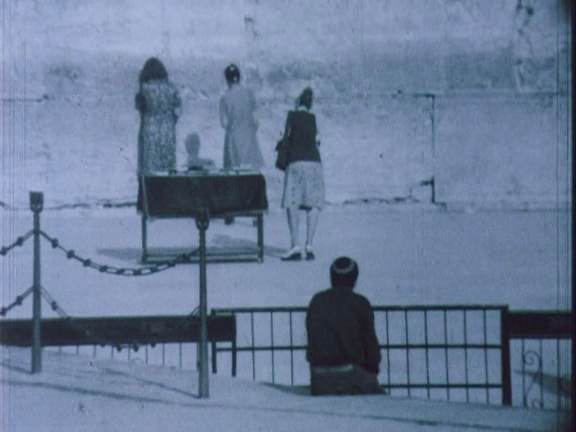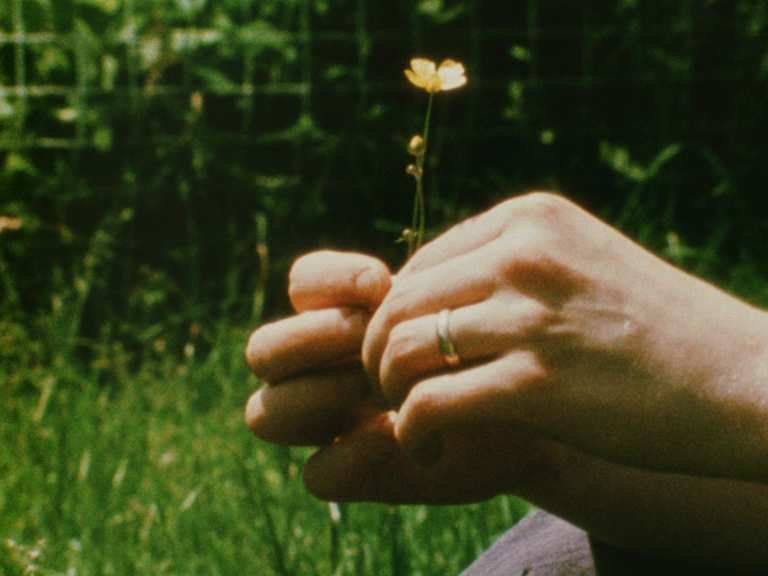Meteora (2012) -

Solid slow cinema on the fight between human desire and contrived concepts of religion that ultimately turns into a fight with oneself. The film mixes live action with animation made to resemble Orthodox icons. I thought the long, static take on the grass, the centerpoint of the film, was handled very well.
Sicily! (1999) -

I appreciate Straub & Huillet's vision and artistry in how they block a scene, in how they instruct actors in declamation, and such, but I'm not big on their themes, and their films feel pretty cold and just too contrived for their own good.
Bang Bang (1971) -
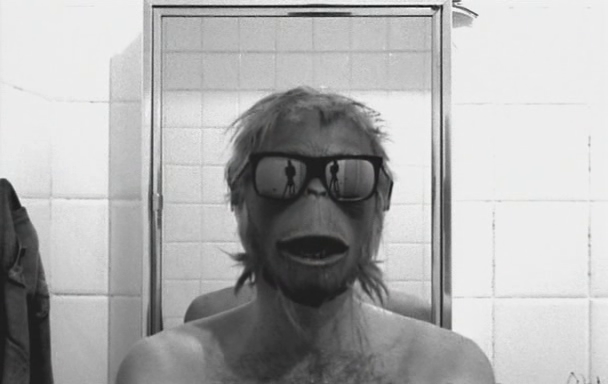
People seem to overrate the hell out of it on Letterboxd. It's not a masterpiece, but it's certainly a film of many qualities. It's funny (the monkey mask), it's weird (the three freaks), it's skillfully done (the bar conversation scene). Hard not to see the influence Godard had on the director, not to mention he claims it's a Maoist film.
Bathory: Countess of Blood (2008) -
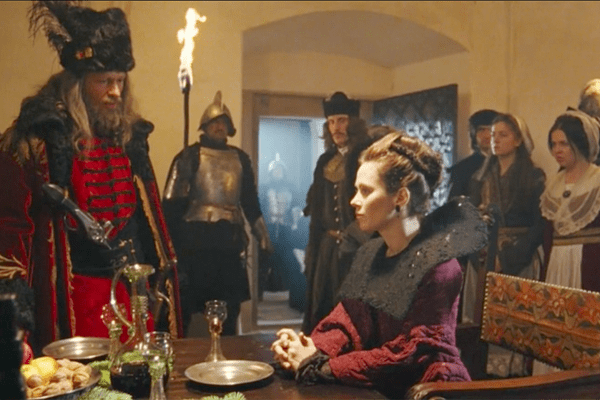
My first real disappointment with Jakubisko! For a film clocking at 140 minutes, there are maybe 5 minutes of pure Jakubisko here. The rest is sadly a typical film of its kind - something you'd expect from a TV station like Zone Romantica, or something. A shoutout to @
MovieGal, though.
Dead Reckoning (1947) -
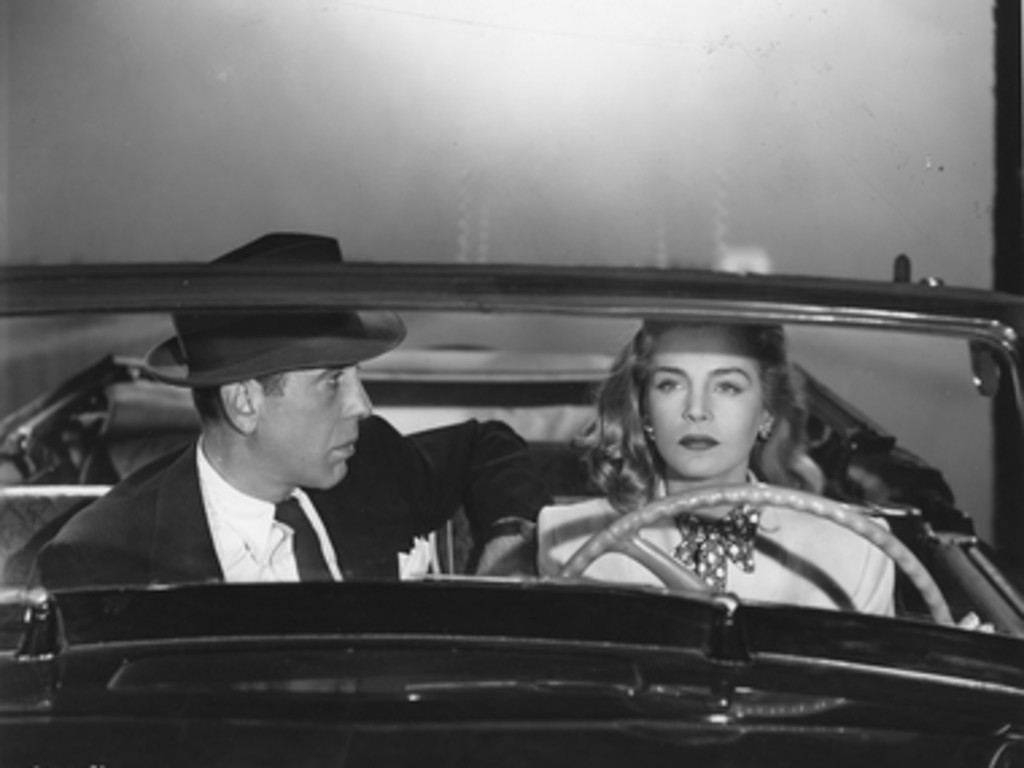
Pure film noir! All conventions and tropes of the genre are here! What a fierce femme fatale! What a badass, love-struck Bogie! Such ambiguity and dark romanticism!
City Streets (1931) -

An art gangster film! Such a powerful pre-code gem! It already uses sound, alright, but it doesn't stop the director from incorporating some silent cinema techniques, and a little bit of experimental approach. At first I thought it's going to be a
Lonesome kind of film, then a
Sunrise kind of film, but then it turned out to be a gangster film that really is an art melodrama at heart. Also, what a powerful ending with the three gangsters just casually walking away - this gave me the same feeling that "three men standing, looking at a baby" scene in
Stagecoach gave me. I enjoyed the film's visuals much more than the visuals of
Dead Reckoning, the latter being much more typical. This film's cinematography freakin' rocks! WOOH!
La Terra Trema (1948) -

At last I watched the only major Visconti I still hadn't seen. Also, a milestone Italian Neorealism picture. I believe that with this film Visconti made something I like to call "Aesthetic Neorealism". It's got all traits of Neorealism, along with its simplicity and asceticism, but at the same time its so visually pleasing, the framing is almost too beautiful to be true. A take away from an otherwise documentary-like quality of the film, but at the same time a great merit of the film too.
M/Other (1999) -
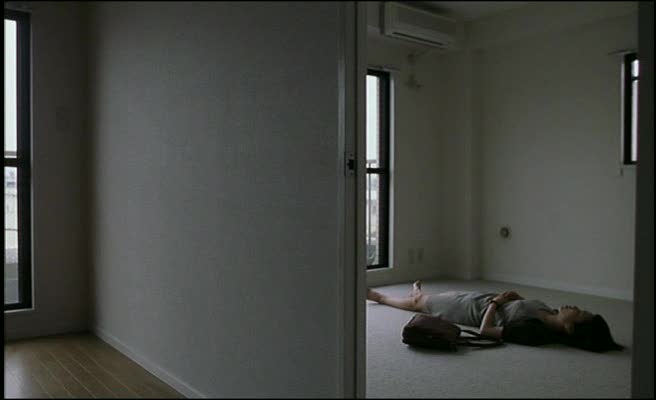
Some critic said that in the 70s films somehow stopped talking about life and started talking about other films, but he clearly never saw
M/Other that is LIFE ITSELF (then again, cinema is life itself too, and maybe he actually saw the film, how do I get out of this sentence?). It always astounds me how as far as contemporary cinema goes, it is Japanese movies that get life closest to how it is.
Happy Hour is a prime example, and also one of my favourites of all-time. This film is a pretty darn good one too. One of the director's - Nobuhiro Suwa's - greatest strengths, apart from expert framing and incredibly realistic portrayals of relationships, is the use of silence in people's conversations. I watched the film and thought - "that's how it is in real life - he got it right". Ever too often do we see people in movies discussing their relationship, or problems they are facing and simply flooding each other with words, but in reality, when striken, when hurt, we often spend a lot of time in silence. These long pauses are what make many scenes even more powerful too. The story is simple - perhaps something Koreeda could make as well - but Suwa's inventive technique and approach to filmmaking elevate the story to eleven. A pretty tremendous film and, I believe, one that watched at different stages of your life (also depending on your life experience) will be perceived differently (just like
Tokyo Story, or something). Not a work of art, but a work of life.
Timeless Bottomless Bad Movie (1997) -

For such a "bad movie" that was pretty great, better than some widely-acclaimed "classics", but my flamboyant contrarianism aside, one discovers 'bad' has many meanings. The film depicts the so called 'difficult youth' - runaways, punks, thieves, hooligans, and juxtaposes the footage of their actions to some footage of the homeless of Seoul. The hand-held camerawork is hypnotizing enough, and the director films his subjects' actions without judging. It's also amongst the most real docudramas I've ever seen. Oftentimes it's so hard to distinguish what is real and what is not. The hip titles at the beginning of the film might make a misleading impression on the viewer, that film is 100% truth, but it's a trickery - "no fixed actors" means no professional actors, not no actors at all, or that nothing is acted. Somebody said the film is "Harmony Korean", and that's quite spot on as controversy is a key element of both this film and, say,
Gummo, and also the social problems are similar in both. I found the gang rape scene pretty disturbing, mainly because it was so plain, and also because the cameragirl was pretty shocked by it. Then she confronted one of the rapists and he beat her up. This looked so real I'm no longer sure if it was real, or not.
Gushing Prayer: A 15-Year-Old Protitute (1971) -

After three 150 minutes long films that day I felt like watching something shorter. Well, this pinku eiga film definitely had all traits of a Wakamatsu film (after all Adachi wrote some of his screenplays), but at the same time was much more radical in its political themes. Above all, however, I found it incredibly depressing, as the main theme, besides Marxist rhethorics, is basically suicide. The film is quite provocative and edgy, you know, even the title is. A prostitute 15 years old girl, and a juxtaposition of sex (gushing) and religion (prayer). The director had many problems with Japanese censorship, so he said freak it, I'm from Japanese Red Army (basically a Marxist-Leninist terrorist group), I'm going to Lebanon. What a controversial figure, for sure. I have to watch more of his films now.
Husbands (1977) -

One of the funniest comedies I've ever seen. Cassavetes' top 4! I mean, I liked the New York part, but the London part! Oh my God, the London part! That freakin' old lady in the casino. This had me laughing out loud. Or that rape - the funniest rape ever filmed! Or Falk and that Chinese girl.

Truly, this is cinema verite. THIS IS LIFE!
Boy (1969) -

Yet another Oshima and yet another brilliant piece of filmmaking. A rather tame (for the director) depiction of a real-story on a dysfunctional family that lives from car accident frauds. The director manages to build up sympathy and empathy for the boy pretty quickly, and before you know it, it all explodes in a couple of final scenes. But even before this, every incoming car has a life-threatening aura around it. Might be a 4.5 film.
The Seed of Man (1969) -
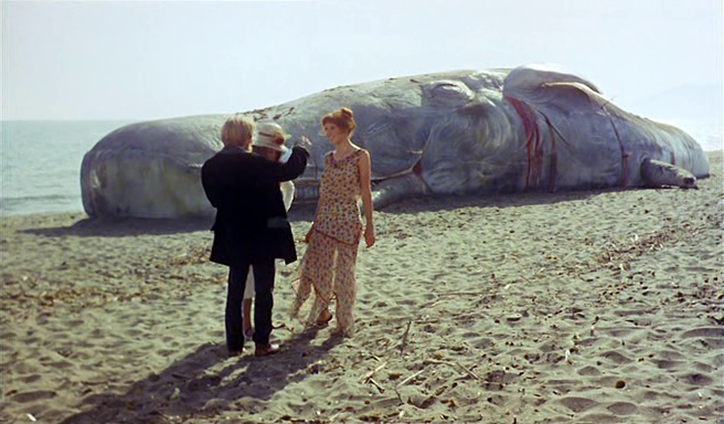
Director's worst so far. A solid yet underwhelming hip 60s post-apocalyptic film with Wiazemsky and
Werckmeister Harmonies-core whale.
